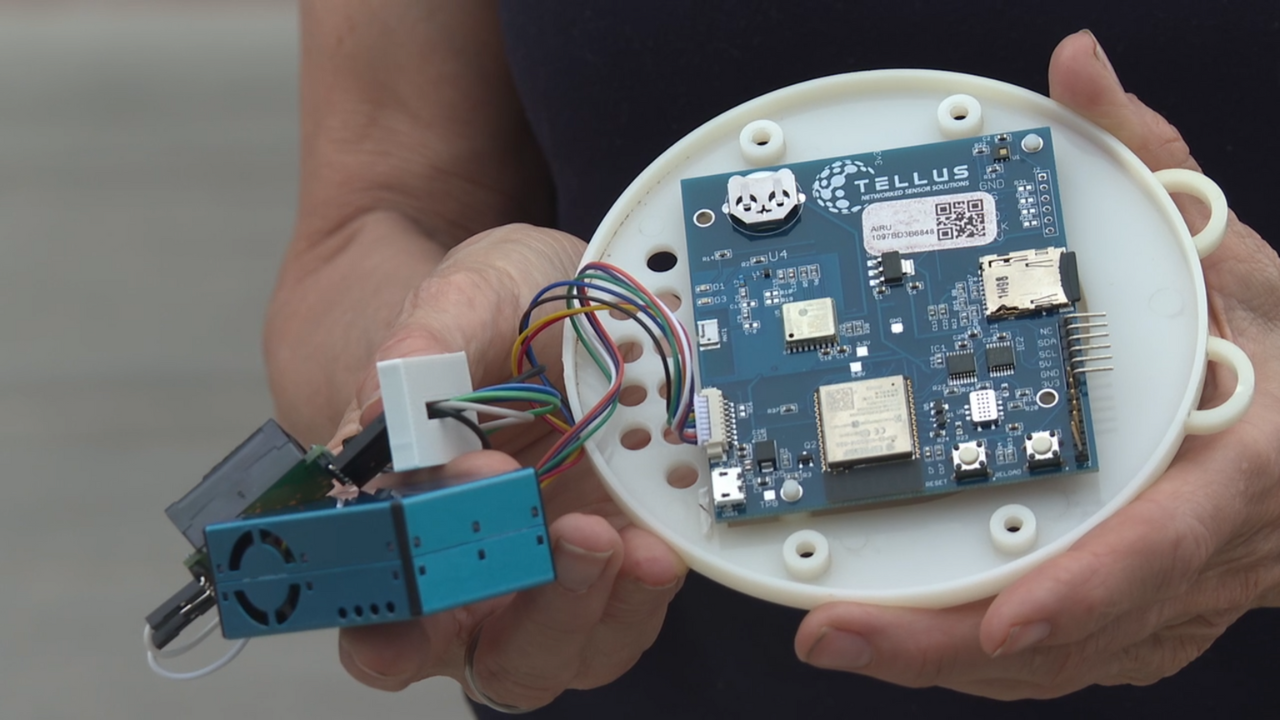SALT LAKE CITY — Ever heard of an air economizer? It's something some HVAC systems have, and a recent study The University of Utah found in certain conditions these systems could impact indoor air quality.
“We get different kinds of pollution events here, especially wildfire smoke, winter time inversions and dust,” said Kerry Kelly, Associate Professor in Chemical Engineering At The University Of Utah
The College of Engineering teamed up with facilities management to put their research into action throughout Salt Lake City's campus. "We spend about 80% of our time indoors, we find that wildfire smoke has the biggest impact on indoor air quality,” said Kelly.
Kelly explained that one of the key takeaways was the type of HVAC system that impacts indoor air quality. "Something called an air economizer we found that under certain conditions those can really dry in a lot of wildfire smoke,” said Kelly.
She explained what an air economizer does: “It’s more common on commercial buildings and it’s a really good strategy that can be really efficient. So, for example, you know it’s kind of hot here in the summer but at 3 o’clock in the morning the temperature is beautiful so at 3 o’clock in the morning, it can pull in more outdoor air because you spent a lot less energy conditioning."
She explained it’s a good way to save energy, but not so great if it’s bringing in pollution.
So, what can you do then? “Particular matter sensors are pretty good. I mean it gives you a relative indication of what your indoor air quality,” said Kelly.
She also uses portable air filters, which you can find just about anywhere. "They can be really effective but if you decide to do one of these portable air filters, make sure that you only get air filtration. You just want a simple filtration device,” said Kelly.




